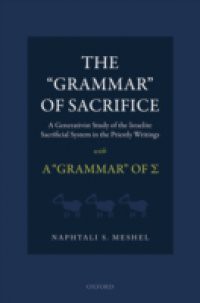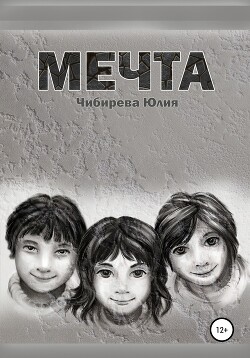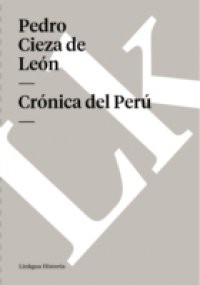The notion that rituals, like natural languages, are governed by implicit, rigorous rules led scholars in the last century, harking back to the early Indian grammarian Patañjali, to speak of a "grammar", or "syntax", of ritual, particularly sacrificial ritual. Despite insightful examples of ritual complexes that follow hierarchical rules akin to syntactic structures in natural languages, and ambitious attempts to imagine a Universal Grammar of sacrificialritual, no single, comprehensive "grammar" of any ritual system has yet been composed. This book offers the first such "grammar." Centering on Σ--the idealized sacrificial system represented in the Priestly laws in the Pentateuch--it demonstrates that a ritual system is describable in terms of a set of concise, unconsciously internalized, generative rules, analogous to the grammar of a natural language. Despite far-reaching diachronic developments, reflected in Second Temple and rabbinic literature, the ancient Israelite sacrificial system retained a highly unchangeable"grammar," which is abstracted and analysed in a formulaic manner. The limits of the analogy to linguistics are stressed: rather than categories borrowed from linguistics, such as syntax and morphology, the operative categories of Σ are abstracted inductively from the ritual texts: zoemics--the study of the classes of animals used in ritual sacrifice; jugation-the rules governing the joining of animal and non-animal materials; hierarchics-the tiered structuring of sacrificial sequences; and praxemics--the analysisof the physical activity comprising sacrificial procedures. Finally, the problem of meaning in non-linguistic ritual systems is addressed.


















